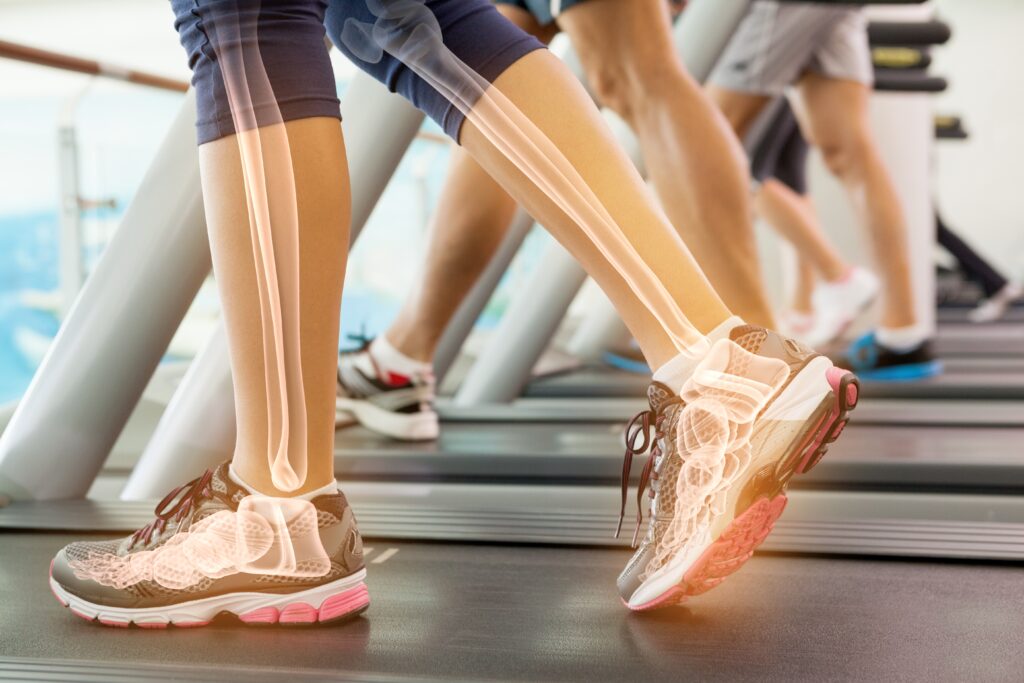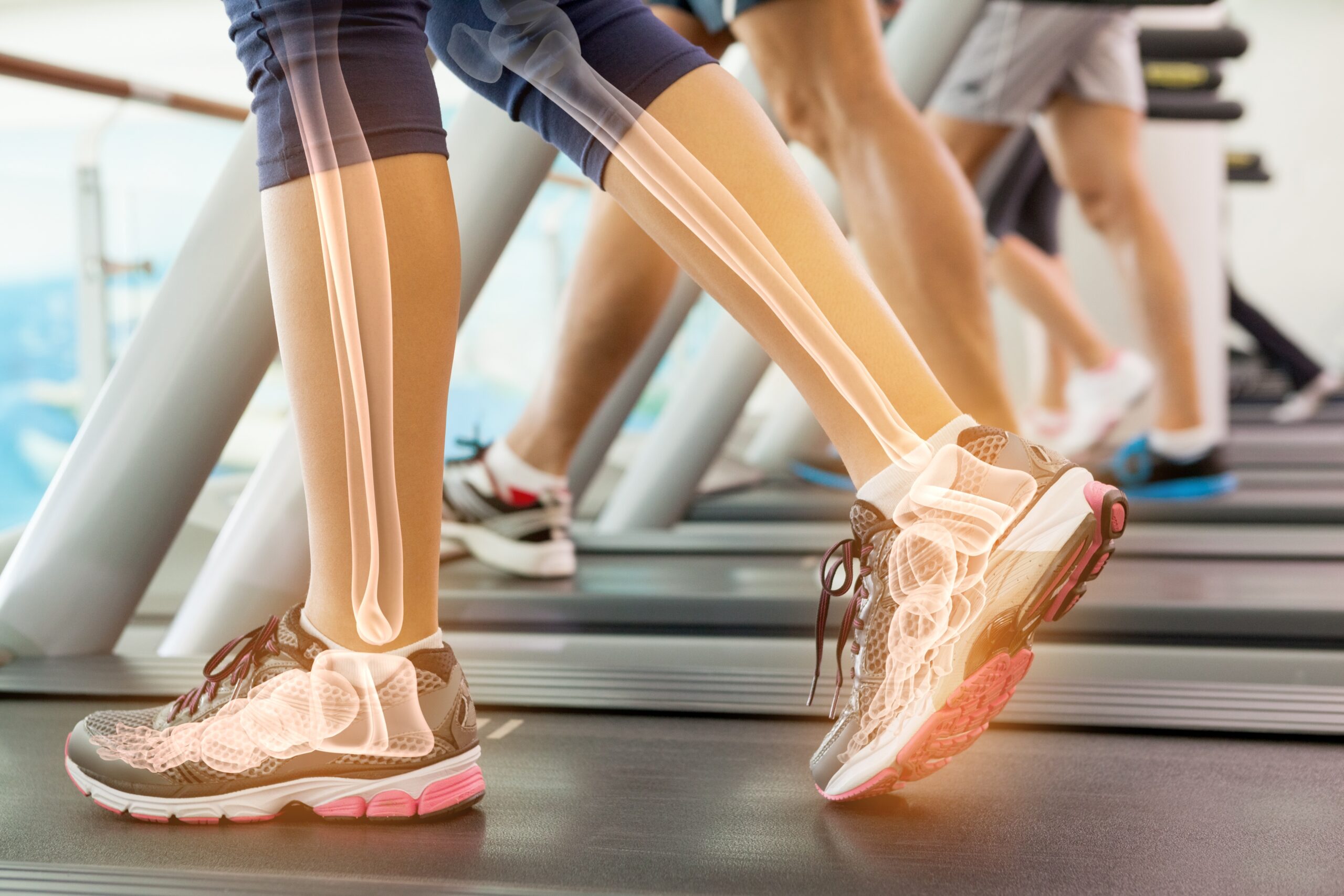
The human skeleton, with its 206 bones, is the key to what keeps you supported and moving throughout your life. Your bones store calcium, protect our internal organs, and provide the basic structure of your body. Thus, a healthy skeleton is one of the keys to an active, healthy life.
The strength of your skeleton, however, changes over the course of your life. As children and young adults, the body builds bone mass, reaching a peak by the age of thirty. From then on, the rate at which the body renews bone mass is slightly lower than the rate at which it loses bone mass.
A number of conditions can impact bone health as you age. Some risk factors for low bone health include:
- Improper nutrition
- An inactive lifestyle
- A family history of bone-related conditions such as osteoporosis
- Age
- Gender
- Weight
Fortunately, there are plenty of things you can do to keep your skeleton healthy and strong as you age. That being said, here are some key tips to help you properly take care of your bones.
1. Stay Active
Regular exercise can strengthen bones by slowing bone loss. Weight-bearing exercises, such as running, walking, climbing stairs, and even dancing are highly recommended since they’re great for building bones. Take note that individuals with osteoporosis should avoid performing high-impact activities.
Experts recommend engaging in around 150 minutes of exercise a week. Strength training, which helps build key muscle groups around joints, can help those with lower extremity joint conditions, such as arthritis, live more comfortably.
To develop a healthy exercise routine that’ll improve the health of your bones, consult your primary care physician or the experts at Dallas Orthopedic Associates.
2. Avoid Tobacco And Alcohol
There are so many reasons to give up smoking–turns out that maintaining proper bone health is one as well! Regular smoking and excessive alcohol consumption have been linked to bone density loss. Health care experts recommend limiting yourself to one or two drinks a day.
Additionally, excessive caffeine consumption can also negatively affect your body’s ability to absorb calcium, a key mineral for bone health. Decreased bone density means increased risk for fractures, breaks, and other bone-related injuries.
3. Choose A Calcium-Rich Diet
Consuming enough calcium primarily determines your bone density. So, ensuring you’re eating enough calcium-rich foods can help you maintain bone health.
Some key sources of calcium include:
- Dairy products, such as milk, cheese, and yogurt
- Soy products, like tofu
- Leafy greens, like kale
- Legumes
- Fish, especially salmon and sardines
If you’re over 50, you should aim for 1,200 mg of calcium daily. If you don’t get enough calcium from your diet, you might consider taking supplements.
4. Vitamin D
For your body to properly absorb calcium, you need plenty of vitamin D. The key source of vitamin D, however, is sunlight. If you live in colder, greyer climes, you might need to have proper compensation for it.
Fortunately, many foods, like dairy, soy milk, and fortified orange juice, are rich in vitamin D as well as calcium. Some other key sources of vitamin D include:
- Fatty Fish
- Egg Yolks
- Margarine
5. Don’t Miss Out On Other Key Minerals
While Vitamin D and calcium are the key partners-in-crime when building bone mass, your body also needs plenty of Vitamin C, Potassium, Magnesium, and Vitamin K to properly absorb them.
Consuming enough protein will also help keep your muscles strong enough to properly protect your bones. Any mineral-rich diet is based on plenty of veggies, legumes, whole grains, and healthy fats, which are source fish or nuts.
6. Screen Your Bone Health
If you’re past 65, especially if you’re a woman or have a family history of bone health complications, you may consider talking to your doctor about regular bone health screenings.
DXA, which is a simple X-ray procedure, can measure your bone density on a regular basis. It’s recommended for women who are at their post-menopausal stage and other individuals with increased risk as it can help assess the possibility of osteoporosis or fractures.
Protect Your Skeleton And It Will Protect You!
The habits that we build in our youth have a huge impact on our long-term health, and this holds true for our bone health as well. By creating the right lifestyle through a combination of regular exercise and a mineral-rich diet, we can build bone mass and help protect our skeleton from bone mass loss later in life. This will ultimately help us stay healthy and active even as we age.
